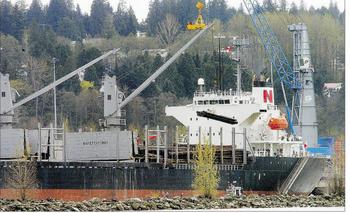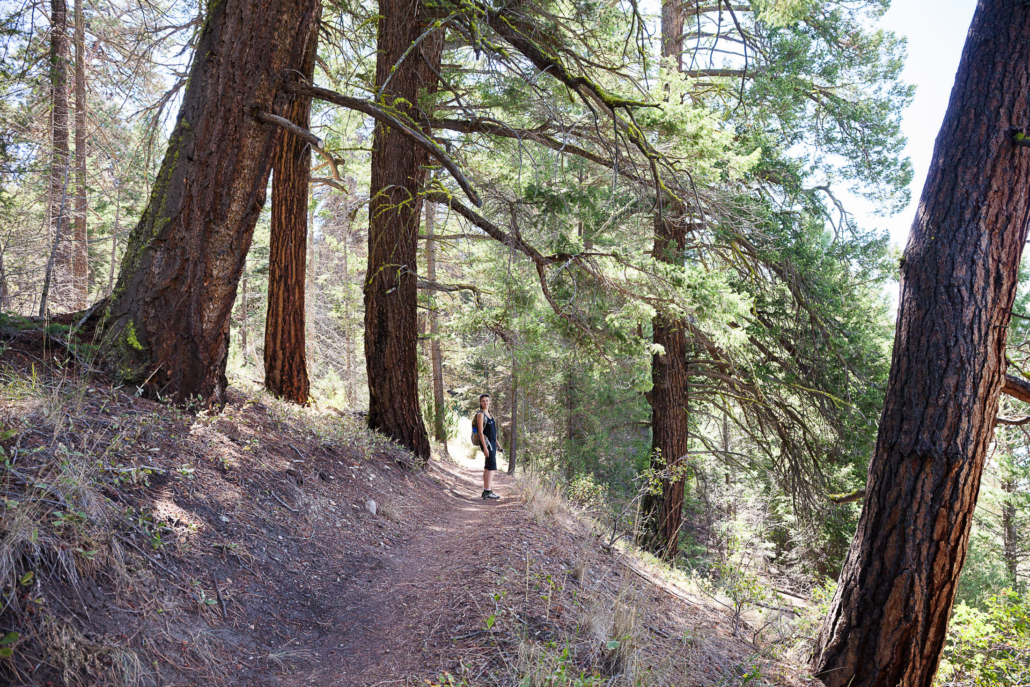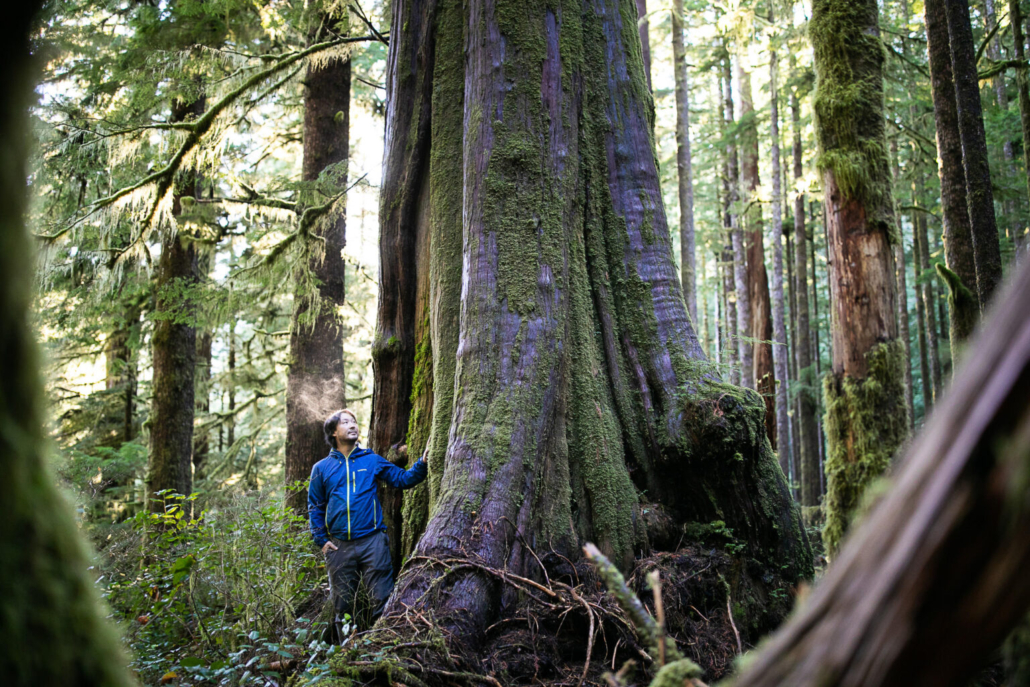 Nov 2 2010
Nov 2 2010 Nov 2 2010
Nov 2 2010 Nov 2 2010
Nov 2 2010Selling lumber, not logs, is the focus of a B.C. sales blitz in China, provincial Forests Minister Pat Bell said Monday.
Bell, speaking from China, lashed out at criticism of his government’s sales efforts and emphasized a just-completed deal for Vernon-based Tolko Industries Ltd. to sell about 364 million board feet of lumber to Chinese companies, including studs made of wood damaged by pine beetles.
“To suggest we should not try and build a brand new market is completely irresponsible,” Bell said.
Ken Wu, founder of the Ancient Forest Alliance, said last week that the government should bar the export of raw logs and old-growth wood to China.
Wu said stricter export regulations should be put in place to ensure Canadian manufacturing jobs do not move to China. Raw logs are increasingly attractive to China, where labour costs are cheaper than in Canada and factories can be built quickly, he said.
“It’s a set-up for a huge ramp-up for raw log exports because there’s no restrictions beyond saying they’re surplus to domestic needs.”
However, Bell said increasing sales of lumber, not raw log exports, is at the top of his agenda.
Currently, he said, lumber makes up 93 per cent of wood products going to China — the remaining seven per cent consists of raw logs.
“And the vast majority of that (raw logs) is from Coast Tsimshian Resources in the Terrace region where no mills are up and running, although we are working very hard to change that,” Bell said.
There is a detailed process to determine that export logs are surplus to B.C.’s needs before a permit is issued, Bell said.
The province regulates raw log exports from Crown lands and the federal government regulates exports from private land.
This summer it was estimated that during the first six months of the year, B.C had exported 387,000 cubic metres of low-grade logs to China, the world’s largest importer of logs.
“I don’t worry about it because we have a very clearly defined export process and only surplus logs are sold,” Bell said. “Also, it is far more efficient to ship kiln-dried lumber long distances than it is to ship logs.”



